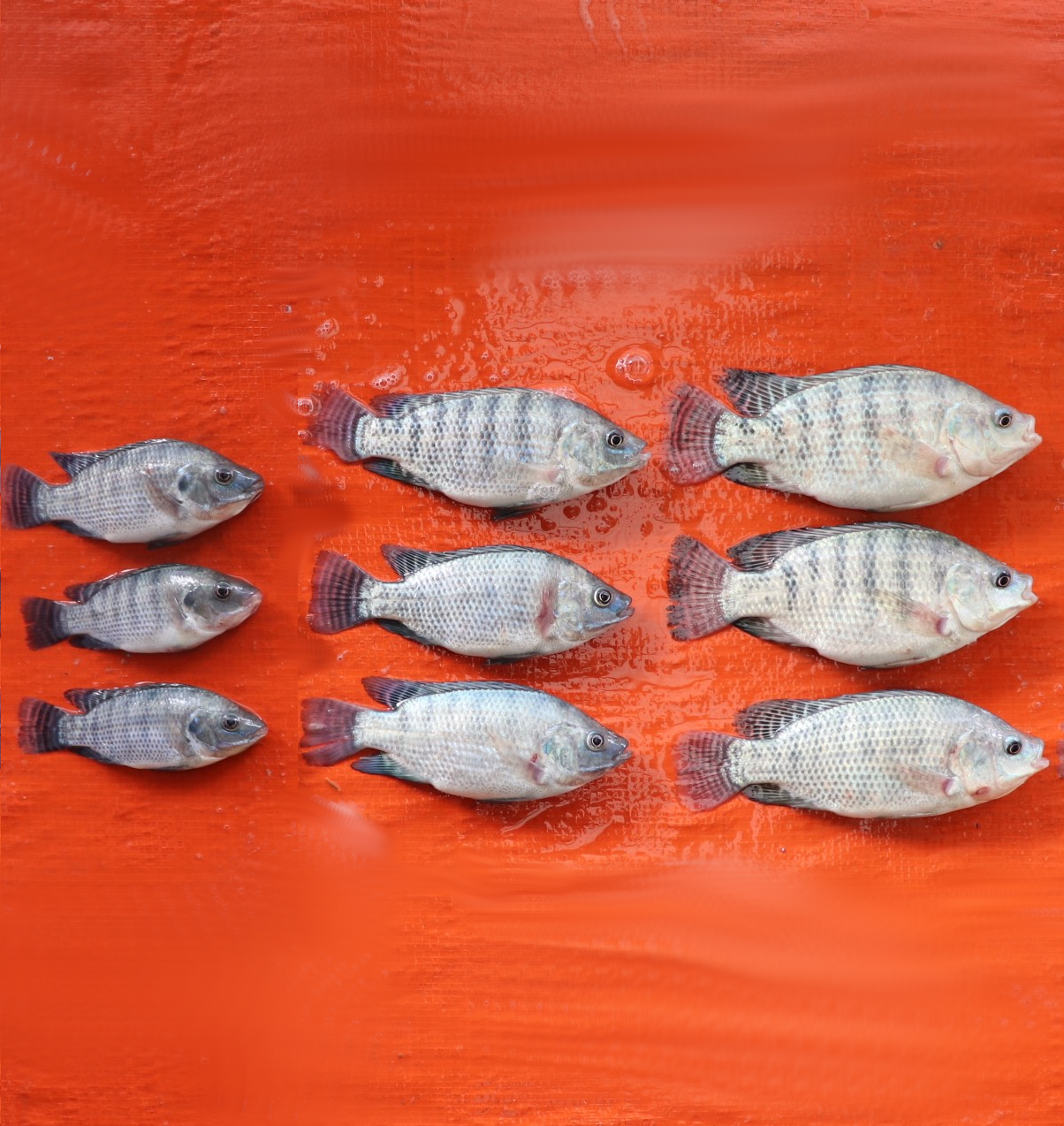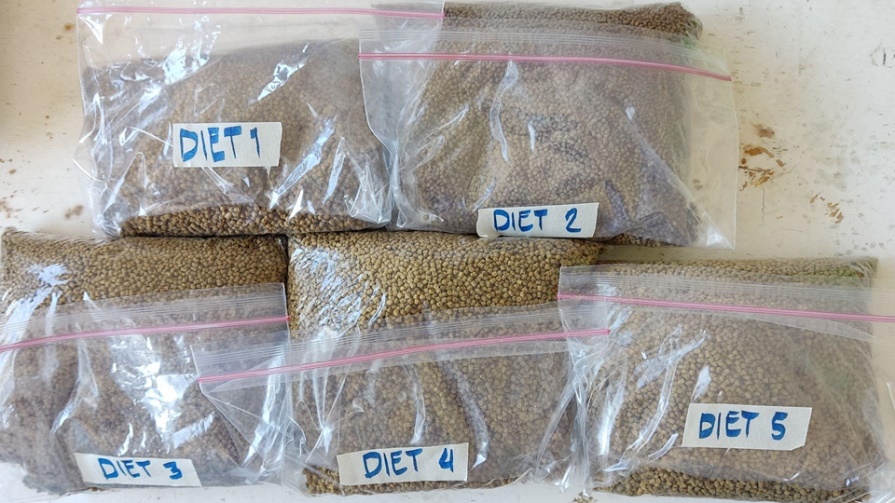Being rich in medium-chain fatty acids, coconut oil was found to be an effective dietary supplement to promote the growth of saline-tolerant tilapia.
Saline-tolerant tilapias are strains originally developed by Philippine researchers intended for the expansion of tilapia production in brackish water and saltwater environments and to prevent mass mortalities due to saltwater intrusions into the rivers due to rising seawater levels in tilapia-producing areas.
This was discovered through the project, “Medium Chain Fatty Acids and Mannose Polysaccharide from Coconut as Dietary Supplement to promote growth and improve health of cultured saline-tolerant strain of Oreochromis niloticus.”
The project focused on the use of coconut-derived supplements to improve the growth of the University of the Philippines Visayas-Saline-tolerant Population of Improved Nilotica (UPV SPIN) tilapia strain. The UPV SPIN used in the project was developed through selective breeding from a base population of Oreochromis niloticus to tolerate brackish water salinity. UPV SPIN tilapia is incapable of spawning and breeding at salinities higher than 15 parts per thousand (ppt). This inability to reproduce in higher salinities precludes the possibility of being invasive in the brackishwater and seawater ecosystems, making UPV SPIN ideal for production in estuarine brackishwater aquaculture areas.
Funded by the Philippine Council for Agriculture, Aquatic and Natural Resources Research and Development of the Department of Science and Technology (DOST-PCAARRD), the project intended to address the high cost of tilapia feeds.
The project has also decreased use of expensive and imported soybean feed oil used as energy source in tilapia feeds. The project findings showed that coconut dietary supplement can eliminate completely the use of dietary soybean oil and improve growth without compromising the health and survival of saline-tolerant tilapia.
Project results showed that growth promoting effect of the medium-chain fatty acids is attributed to significant enhancement of Insulin-like Growth Factor (IGF), a growth hormone inducer that promotes growth hormone secretion and increases fish growth. Coconut oil contains about 50 percent medium-chain fatty acids that are beneficial in promoting growth and improving tilapia health.
Coconut oil supplementation in tilapia diet has also improved fatty-acid composition of the tilapia flesh. Tilapia flesh is known to contain a significant amount of Omega 6 fatty acids that are implicated to promote inflammatory and metabolism-associated diseases in humans.
The project was able to decrease the Omega 6 fatty acids or bad fatty acids and increase the Omega 3 fatty acids or healthy fatty acids in saline tilapia flesh through coconut-oil supplementation that was shown to up-regulate the tilapia genes involved in long-chain fatty acid synthesis. Dietary supplementation improves carcass quality and nutritive value of saline tilapia for human consumption.

The project has also shown that complete or total replacement of soybean meal with protein-enriched copra meal (PECM) in tilapia feeds is feasible with the coconut oil supplementation. The feed value of PECM in tilapia was improved and found equal to that of the soybean meal when coconut oil was used as a dietary supplement.
Apart from coconut oil, coconut mannan included in the diet has also elicited prebiotic effects and improved the gut health of tilapia.
With a less expensive bioactive feed additive, developments of the project are expected to benefit tilapia growers, fish cage culture operators, coconut farmers, and the entire aquaculture industry.

